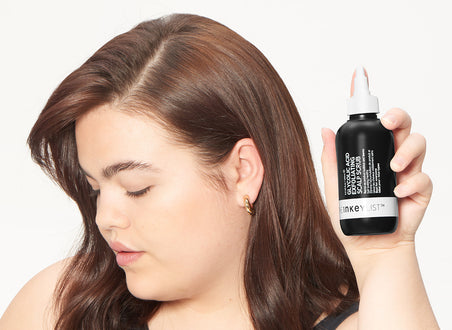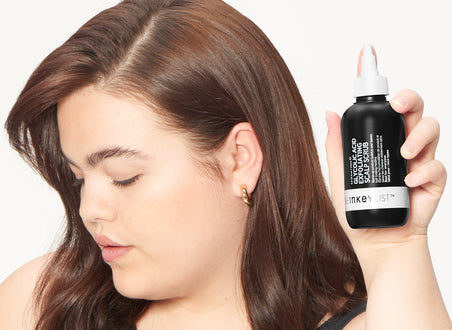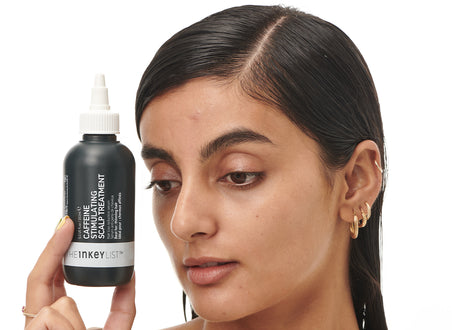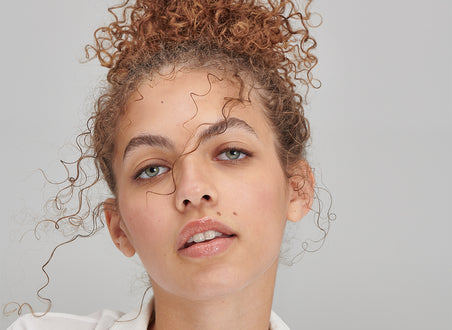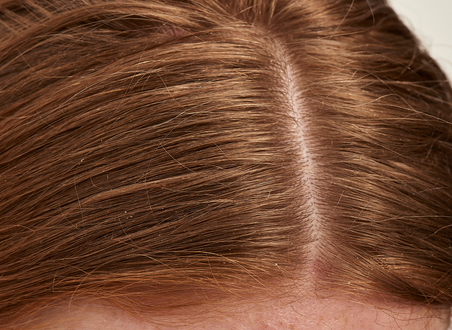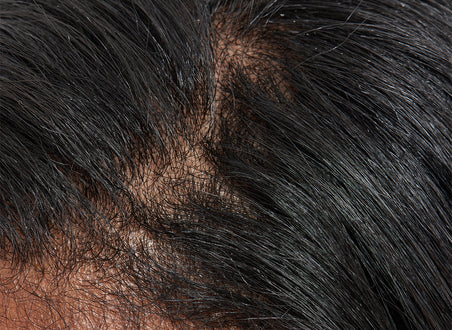Welcome to the INKEY Blog. Where we spread and share our skincare knowledge with you!
Selected filters:
The scalp is perhaps one of the most easily forgotten areas of the body – especially when it comes to self care and T.L.C. That said, many of us are beginning to come around to the fact that the scalp is just as important as the skin on the rest of the body, as well as the hair itself.
There’s a plethora of things that can cause scalp itchiness and flakes including build up of product and dead skin cells, and excess sweating, which can clog pores and accelerate build up itself. Dandruff is also a very common cause of itching and flaking, caused by a high rate of shedding skin cells at the scalp, which is also often paired with excess oil production. Find out our tips on how to treat an itchy or flakey scalp here.
Hair shedding is a normal process of renewal and every day we lose 50-100 hairs from our head. As new hair grows through the follicle, old hair eventually falls out as part of the ‘exogen’ phase of hair growth. However, when this process is imbalanced, with less hair growing than falling out, it can make the hair feel thin, flat and lacklustre. Learn more about what caused shedding and what INKEY List treatments we recommend.
Shiny, strong, healthy locks have always been desirable; that much goes without saying. But how do you achieve this ultimate hair goal? That can feel impossible, especially with so much conflicting information out there, and an overwhelming amount of different products available these days. These five simple tips will help you to get there without overcomplicating things.
The scalp is literally the root of our hair health and can be the first place to show signs of imbalance which can contribute to the overall look and feel of your locks. From flakiness to excess oil, the scalp is equally as susceptible to problems such as imbalance, environmental factors and disorders. Learn about why a healthy scalp is important and what INKEY List products can help keep a clean and healthy scalp.
Whilst it’s normal to lose 50-100 hairs per day, increased loss, thinning and flatness of your hair can be a result of deeper rooted lifestyle, genetic and environmental imbalances. Learn more about what causes hair loss and hair thinning, the hair growth cycle and The INKEY List products that can help prevent and reduce hair loss as well as add volume.


